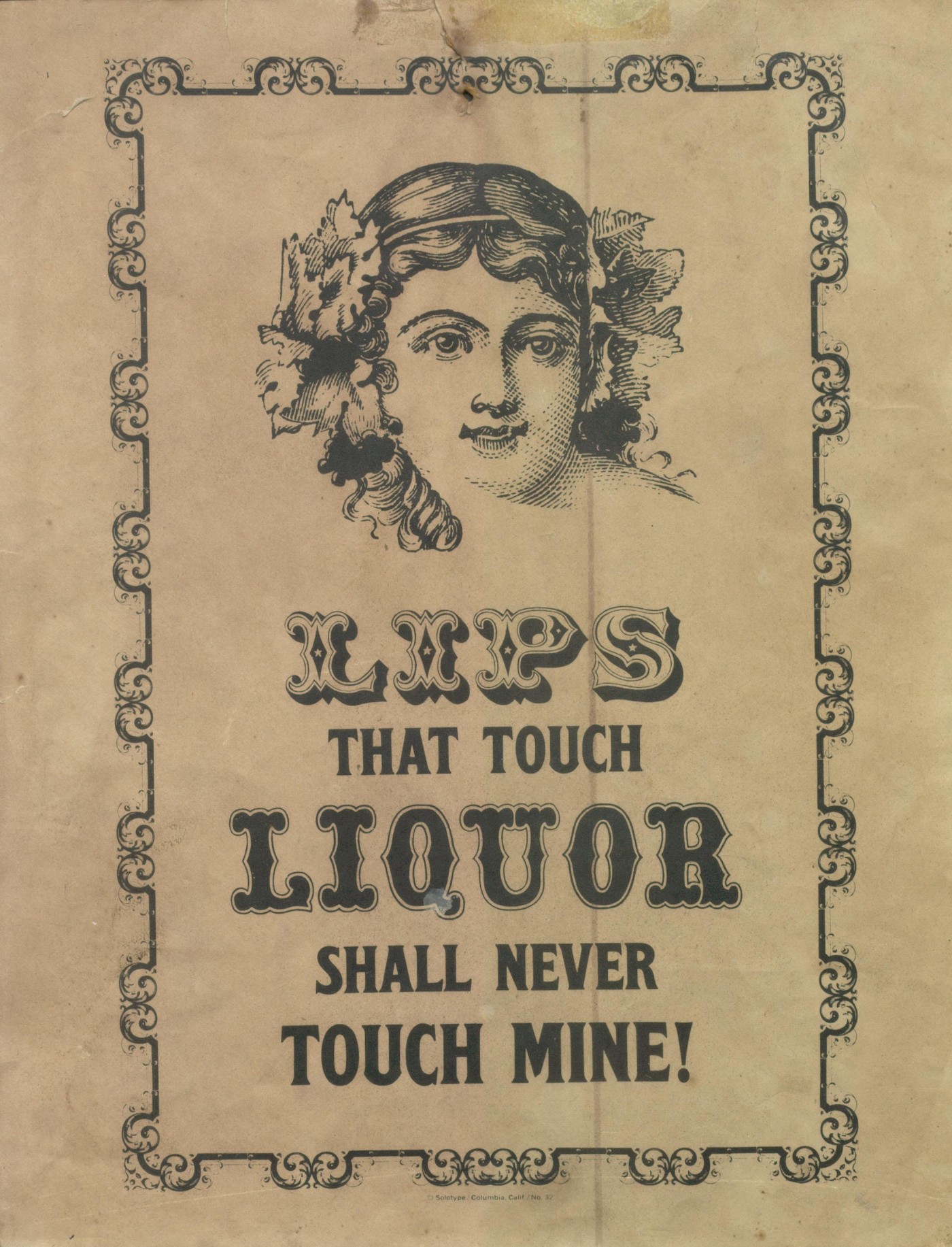The Temperance movement is a social movement against the consumption of alcoholic beverages. Temperance movements typically criticise alcohol intoxication, promote complete abstinence (teetotalism), or use its political influence to press the government to enact alcohol laws to regulate the availability of alcohol or even its complete prohibition.
In 1832 Joseph Livesey and seven Preston workingmen signed a pledge that they would never again drink alcohol. Other groups of working men followed the example of Livesey and his friends and by 1835 the British Association for the Promotion of Temperance was formed.
At first temperance usually involved a promise not to drink spirits and members continued to consume wine and beer. However, by the 1840s temperance societies began advocating teetotalism. This was a much stronger position as it not only included a pledge to abstain from all alcohol for life but also a promise not to provide it to others.
The artist, George Cruikshank, whose own father, Isaac Cruikshank, had died of alcoholism, played an important role in helping in persuading people to join the movement by producing a series of books on the subject: this included The Bottle (1847), The Drunkard’s Children (1848) and The Worship of Bacchus (1862).
Quakers and members of the Salvation Army also played an active role in trying to persuade the House of Commons to pass legislation to restrict the sale of alcohol. In some parts of Britain public houses were forced to close on Sundays and permission was rarely granted to allow new ones to open. The National Temperance Federation that was formed in 1884 became closely associated with the Liberal Party, whereas the Conservative Party tended to support the interests of the drink trade.
Nonconformists were very active in the temperance movement. By the 1870s most of the young ministers abstained from alcohol. A survey in 1886 of 1,900 Baptist ministers revealed that 1,000 were total abstainers. Another study during that period showed that 2,500 out of 3,000 Congregational ministers had signed the pledge. It has been estimated that by 1900 about a tenth of the adult population were total abstainers of alcohol.
George Cruikshank, Life in London (1821)

Leave a comment